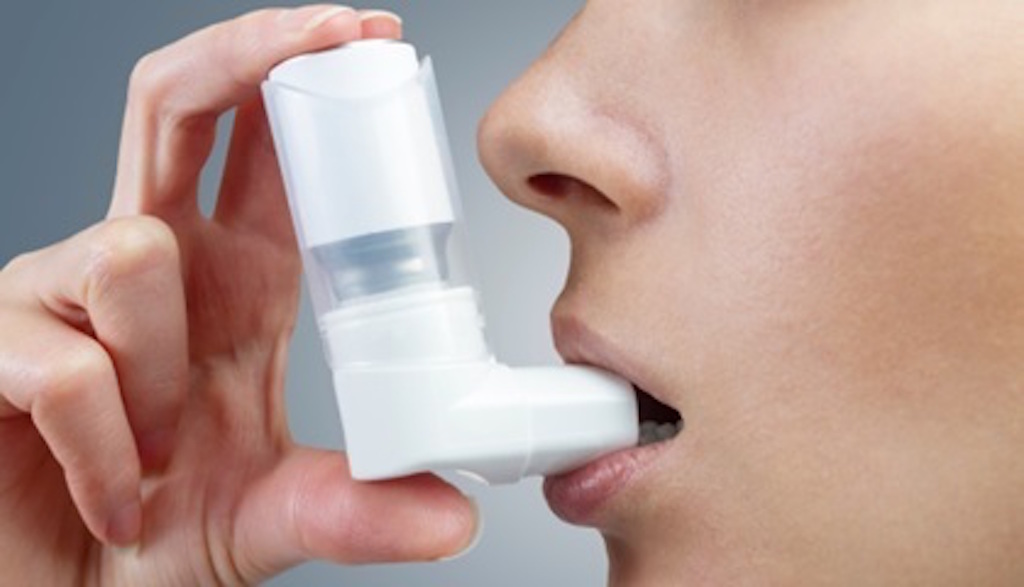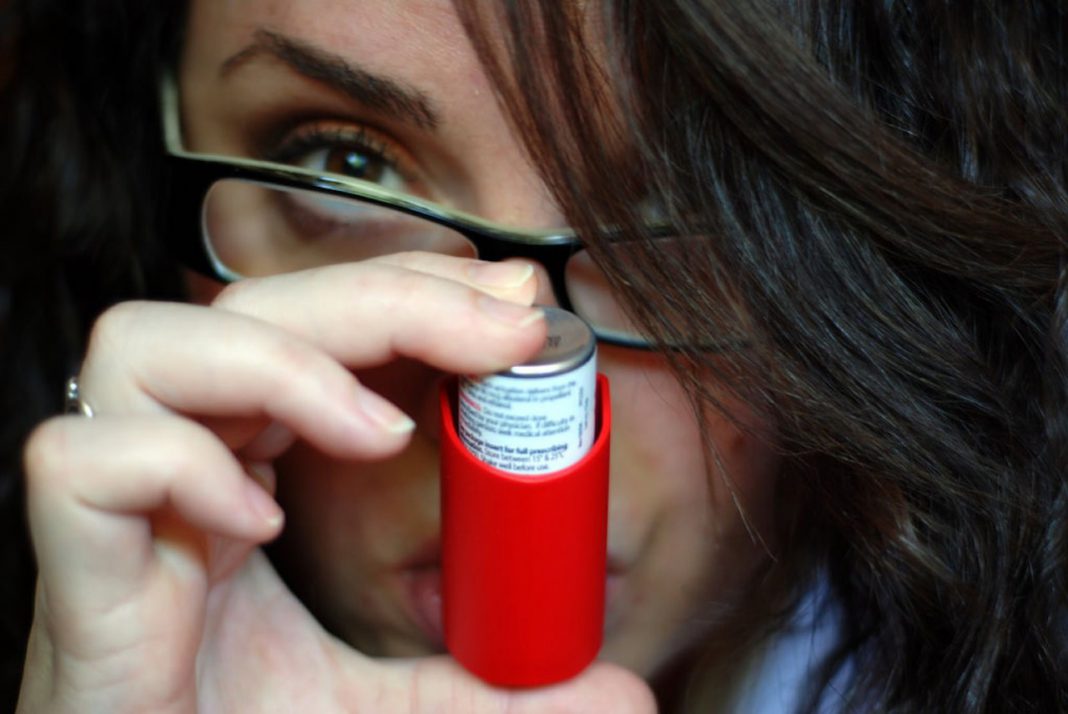- Despite public announcements on asthma by physicians, there are still many asthmatics who decide to discontinue using their inhalers without consulting a doctor
- Some fear that inhalers may be addictive

What is asthma?
Asthma is a chronic disease that leads to inflammation and subsequent irritation of the respiratory tract. The inflammation swells the walls of the airways, leading to a narrowed passage and patients becoming more sensitive to the environment.
The medical world is still unable to identify the causes of asthma. However, the current thinking is that it is likely to be a combination of genetic susceptibility and exposure to environmental agents such as air pollution and cigarette smoke.
Symptoms and attack
During an asthma attack, inflammation causes the muscles around the airways to swell and narrow the passage. Symptoms may include fatigue, shortness of breath, cough and excessive phlegm. These can be worse at night or the early hours of the morning, leading to sleep disturbance.
Symptoms and severity of asthma attacks vary between individuals, and attacks can be dependent on environmental factors. For some sensitive individuals, asthma attacks can easily occur when their airways are exposed to impurities such as cockroaches, dust and haze. Additionally, drastic temperature changes within a short period of time – e.g. from hot outside temperature to an air-conditioned room, may trigger asthma symptoms. Some individuals may only show symptoms of asthma when active (such as during intense exercise) or when exposed to elements that can trigger allergies like cat fur.
A serious asthma attack can lead to an individual looking tired, wheezing, breathing rapidly or unable to speak in completely sentences. In such situations, the individual must see a doctor immediately. Symptoms such as cough with no respiratory problems should not be underestimated and the individual should be referred to a doctor or physician for further treatment in order to avoid worsening symptoms.
Studies show that only 6 % of patients with asthma in Malaysia have their asthma under control. Others tend to have symptoms such as the inability to sleep comfortably at night, using the blue inhaler more than twice a week and being unable to perform their daily activities comfortably.
Inhalers for treatment
 Typically, treatment for an asthma patient is through an inhaler. Once the doctor confirms a diagnosis of asthma, an inhaler is recommended to help reduce the symptoms. Although there is no cure for asthma, it can be controlled. Inhalers should be used correctly and should always be kept with the patient for use when an attack occurs.
Typically, treatment for an asthma patient is through an inhaler. Once the doctor confirms a diagnosis of asthma, an inhaler is recommended to help reduce the symptoms. Although there is no cure for asthma, it can be controlled. Inhalers should be used correctly and should always be kept with the patient for use when an attack occurs.
Most asthmatics will be given two types of inhalers; a blue inhaler containing salbutamol, and an inhaler containing steroids. Salbutamol is a drug used to relieve symptoms immediately but the effect is only temporary. Steroid inhalers play the important role of controlling the level of inflammation in the lungs.
Using the inhaled steroids is very important and one should not stop using it without properly consulting a doctor as it may result in recurring asthma attacks. The situation is even more critical for children with asthma. Therefore, parents need to pay more attention to their children’s’ health as asthma will be more dangerous if not controlled properly, especially with the current environment such as the haze phenomena in Malaysia.
Despite public announcements on asthma by physicians, there are still many asthmatics who decide to discontinue using their inhalers against doctors’ advice, based on factors such as fearing that inhalers are addictive or that steroids are dangerous. Reassuringly, there is no scientific evidence that inhalers are addictive. It also does not weaken the lungs, but instead, allow asthma patients to breathe better and perform normal physical activities. Steroids in inhalers also come at minute doses, and because they are delivered directly to the lungs, there are minimal side effects.
Nationally, uncontrolled asthma can have negative consequences for the economy as employees who deal with this are often forced to take sick leave. Asthma is also a burden in terms of hospital costs and as a consequence of increased rates of students’ absenteeism in school.
In conclusion, Malaysians should be more health conscious and not take asthma symptoms for granted. Asthmatics should avoid situations that may be harmful as cigarette smoke and most importantly, do not stop using an inhaler unless advised by a doctor.
If you are experiencing signs or showing symptoms of asthma, you should seek further investigation and treatment by a health care professional. This helps to ensure that the risks are reduced in the early stages and patients can revert to having a healthy life.
Written by:
Dr Helmy Haja Mydin
Respiratory Specialist
Pantai Hospital Kuala Lumpur
Cover image: flickr.com









